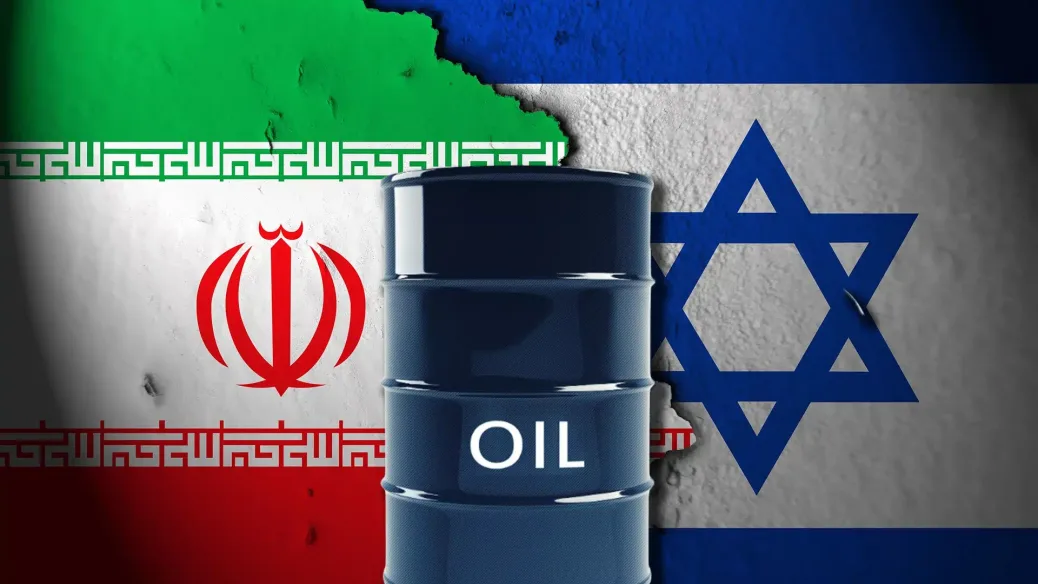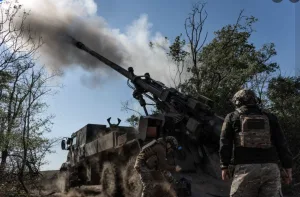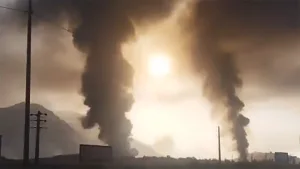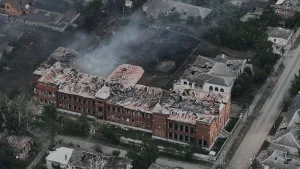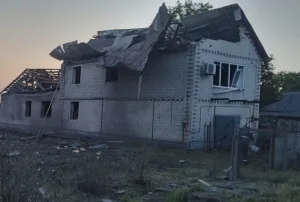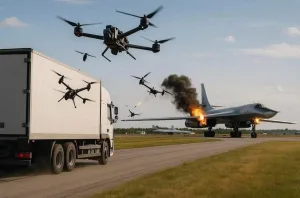Traditionally, oil prices tend to spike sharply at the onset of any military conflict that affects the planet’s key oil hub — the Persian Gulf. This is especially true when it comes to the Iranian-Israeli confrontation.
What oil price trends might we expect following the start of Israeli strikes on Iran, assuming Iran’s oil infrastructure is not targeted?
1. A short-term (2–3 week) price surge driven by perceived risk. Iran controls the Strait of Hormuz, a chokepoint through which about one-fifth of the world’s oil supply passes. Even if physical supply remains unaffected, speculation and risk premiums tend to push prices upward — a pattern we’re already witnessing. Speculators always seize on any excuse to trigger market turbulence and make quick profits. For example, when the U.S. killed Iranian General Qasem Soleimani in 2020, Brent crude prices jumped by over 4% the following day. Currently, we’re seeing an approximate 13% increase (with Brent at $78.5 per barrel as of 10:00 a.m. Kyiv time). J.P. Morgan — one of the traditional banking players involved in oil market speculation — is already “forecasting” a rise to $120 per barrel, effectively fueling the upward spiral with its projections.
2. Further volatility amid uncertainty, i.e., whether hostilities could escalate in the region involving other Gulf countries, potentially leading to blockades and/or retaliatory strikes on the oil infrastructure of third countries. For example, as happened in September 2019, when the Houthis, in just a few hours, destroyed 50% of Saudi Arabia’s oil export capacity with Iranian cruise missiles and drones, removing 5% (!) of the global oil supply from the market. This led to a 20% price spike, although things calmed down within a couple of weeks. Therefore, if Israeli strikes are limited in scope, a de-escalation is likely to follow, and prices may stabilize within a few weeks.
3. If escalation occurs, disrupting oil traffic in the Gulf, prices may remain elevated or rise further. Much will then depend on the response of OPEC+, the level of strategic reserves in the U.S., China, and the EU. Neither the U.S., China, nor the EU benefit from high oil prices. Only Russia and… Iran profit from such a situation. Hence, Iran—with tacit support and encouragement from the Kremlin—may resort to acts of retaliation against the U.S., which supports Israel in one form or another, in the Gulf region.
For us, in any case, the destruction of Iran is a net positive, since the Ayatollah regime is a key ally of Russia—everyone is well aware of the Iranian Shahed drones. Now, with a high degree of probability, Iranian ballistic missiles will not be added to those from North Korea, as much of them will likely be destroyed during Israeli strikes. Much, but not all.
In general, Israeli attacks will not result in the complete destruction of Iran’s nuclear and missile programs. They will once again stall or set them back slightly, but not more than that. Without a ground “clearing” operation, Iran will eventually rebuild everything—just as it has done in the past despite attempts to stop its nuclear ambitions through cyberattacks, assassinations of key figures, or sabotage at production sites. But that’s another topic…
P.S. We have our own job to do. It’s not acceptable to take such long breaks in destroying the enemy’s oil refining infrastructure. Why give them the opportunity to recover???
Tags: Analytics iran israel israeli strikes on iran Ukraine war
